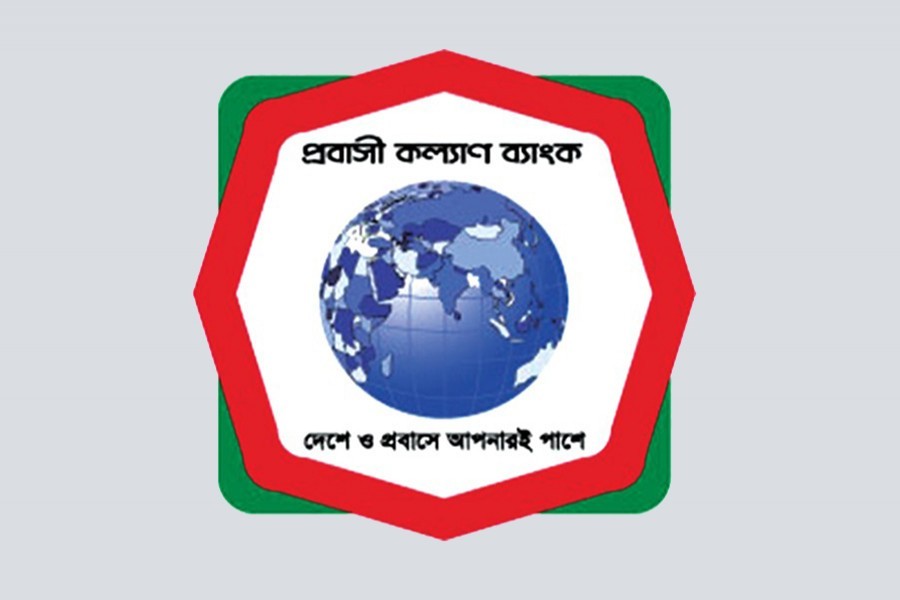The Probashi Kallyan Bank (PKB) has found it difficult to provide rehabilitation loans for inbound migrant workers in the absence of a database, said officials.
Even they cannot communicate with the returnees, particularly those who are qualified for such loans.
Had an official database been in place, a senior PKB official said, it would have been easier to select those eligible considering their present status.
According to the PKB data, only 161 returnees received rehabilitation loans worth Tk 27 million since the specialised bank set sail in 2011.
However, no person is yet to get loan in the first two months of the fiscal year 2018-19.
The PKB has two types of loan scheme for migrant workers-one is for outbound workers and the other for returnees.
Rehabilitation loan is crucial for the workers who return home empty-handed, many of them being victims of torture abroad.
With such funds, they can start income-generating projects like fish and poultry farming, agriculture and biogas plants.
But migrant rights activists cannot find any logical reason without a record of the returnees in terms of getting rehabilitation loans.
A database can smoothen their loan disbursement process, they observed.
They accused the PKB of depriving many workers of providing such loans on lame excuses.
The rights campaigners laid emphasis on a comprehensive database of workers as early as possible.
Talking to the FE, PKB managing director (MD) Mahtab Zabin said the number of loanees is still very insignificant for not getting eligible clients.
"We're ready to disburse loans to the returnees as it will help them take part in income-generating activities," she added.
Ms Zabin said, "If the returnees are enlisted, we can find out the prospective clients easily and promote the products among them."
She further said that the PBK has no problem giving loans to outbound workers.
Replying to a query, the PKB MD said they have no plan to introduce new products at this moment.
"We're trying our best with the state support to roll out our services to the aspirants. We hope the government will make a database gradually," she said.
The central bank enlisted the PKB as a scheduled bank this July.
Wage Earners' Welfare Board provided Tk 3.80 billion and finance ministry Tk 200 million to meet the total required paid-up capital of the PKB.
The PKB started journey in April 2011 with a Tk 1.0 billion paid-up capital to provide collateral-free loans to overseas jobseekers and those returning home for their rehabilitation.
Outbound workers get maximum Tk 200,000 as migration loan with 9.0 per cent interest rate while 11 per cent is rate for returnees with no ceiling.
Syed Saiful Haque, chairman at WARBE Development Foundation, does not think that a database is a must for getting rehabilitation loans.
Through promo, the PKB can get many workers who have actual needs and capabilities as well, he observed.
"But a database is imperative to make a policy for those returning home," he cited.
When asked, officials at the expatriates' welfare and overseas employment ministry said they have a plan to make a databank urgently.
Reintegration has also been mentioned in the national migration policy. Without a database, it would be an uphill task to reintegrate the returnees, they added.
The PKB data showed some 29,996 outbound workers received migration loans worth Tk 3.08 billion from 2011-12 to August 2018-19.
During the period, the bank recovered Tk 2.31 billion.
According to the Bureau of Manpower Employment and Training, more than 4.8 million Bangladeshis have so far been abroad with jobs since 2011.
The PKB is running 63 branches across the country.


